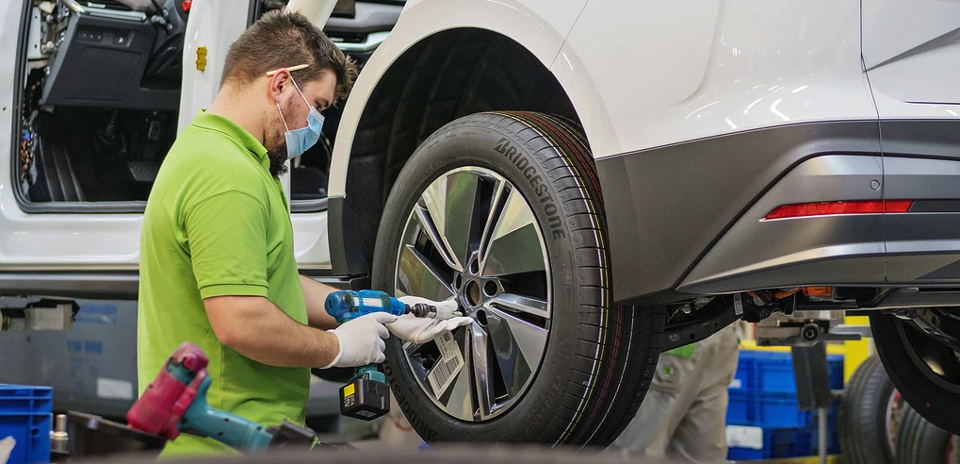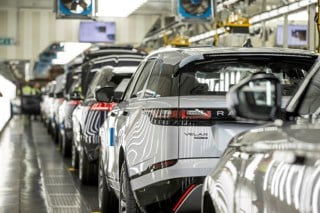The global semiconductor shortage continues to impact car manufacturers, with Renault Group, Stellantis, Skoda and Ford all pausing production at European factories.
Renault confirmed to Automotive News Europe it would pause production at one site in France and two in Morocco and Romania for several days this week.
While the spokesperson from Renault would not confirm details of which sites have been affected, French news reports have said Dacia production is likely to see the biggest impact.
Stellantis also confirmed it is suspending production at its Opel Eisenach factory in Germany, as well as at its Opel Zaragoza factory in Spain, which makes the Crossland X and Citroen C3 Aircross.
Reports suggest production for Peugeot, DS, Jeep and Fiat models could also be affected in the next few days.
Skoda has also confirmed to Reuters it will halt production at two of its plants in the Czech Republic.
This is likely to impact production of the Superb, Kodiaq, Karoq, SEAT Ateca, Fabia, Octavia, Kampiq, Karoq, Scala and Enyaq iV.
The semiconductor shortage has had a lasting impact on vehicle production for many vehicle manufacturers, with brands like Ford continuing a halt of production at its Cologne factory until the end of October.
Toyota has also been forced to pause production at its Kolin plant in the Czech Republic for certain periods in the last few months.
JLR was forced to pause Halewood and Castle Bromwich production due to the semiconductor shortage earlier this year, as BMW at its Mini production site in Oxford.
Millions of production units lost
The semiconductor shortage has caused approximately 7.4 million units of lost global light vehicle production during 2021 so far, according to estimates by data insight business IHS Markit.
Demian Flowers, IHS Markit automotive financial analyst, said: "We currently forecast 2021 global light vehicle sales of 80.8mn units (+8.3% y/y growth), which means the YTD production losses have already hit 2021 volume growth by 10.0 percentage points, excluding those losses yet to be incurred in Q4."
The production disruptions have worsened sequentially as 2021 progressed. The lost units in Q3 (3.4mn) were more than double (2.4x) those lost in Q1 (1.4mn), and each of the last three quarters has seen disruptions worsen further.
For the tail end of this year, although IHS Markit expects Q4 to bring a long-awaited easing of the losses (in quarterly sequential terms), Q3 is likely to be a better proxy for disruption levels than Q2.
US OEMs have been hardest hit
Year-to-date, Ford and GM have seen production interruptions equating to 25% and 21% of their 2020 volumes respectively.
Flowers said: "Premium carmakers (e.g. BMW, Volvo, JLR, Daimler) have by contrast got off relatively lightly (losing between 1% and 7% of prior year volumes.
"Note however that OEMs' deliberate production allocation decisions towards more profitable models (and therefore positive offsets not captured in this analysis) might create distortive effects."


















Login to comment
Comments
No comments have been made yet.